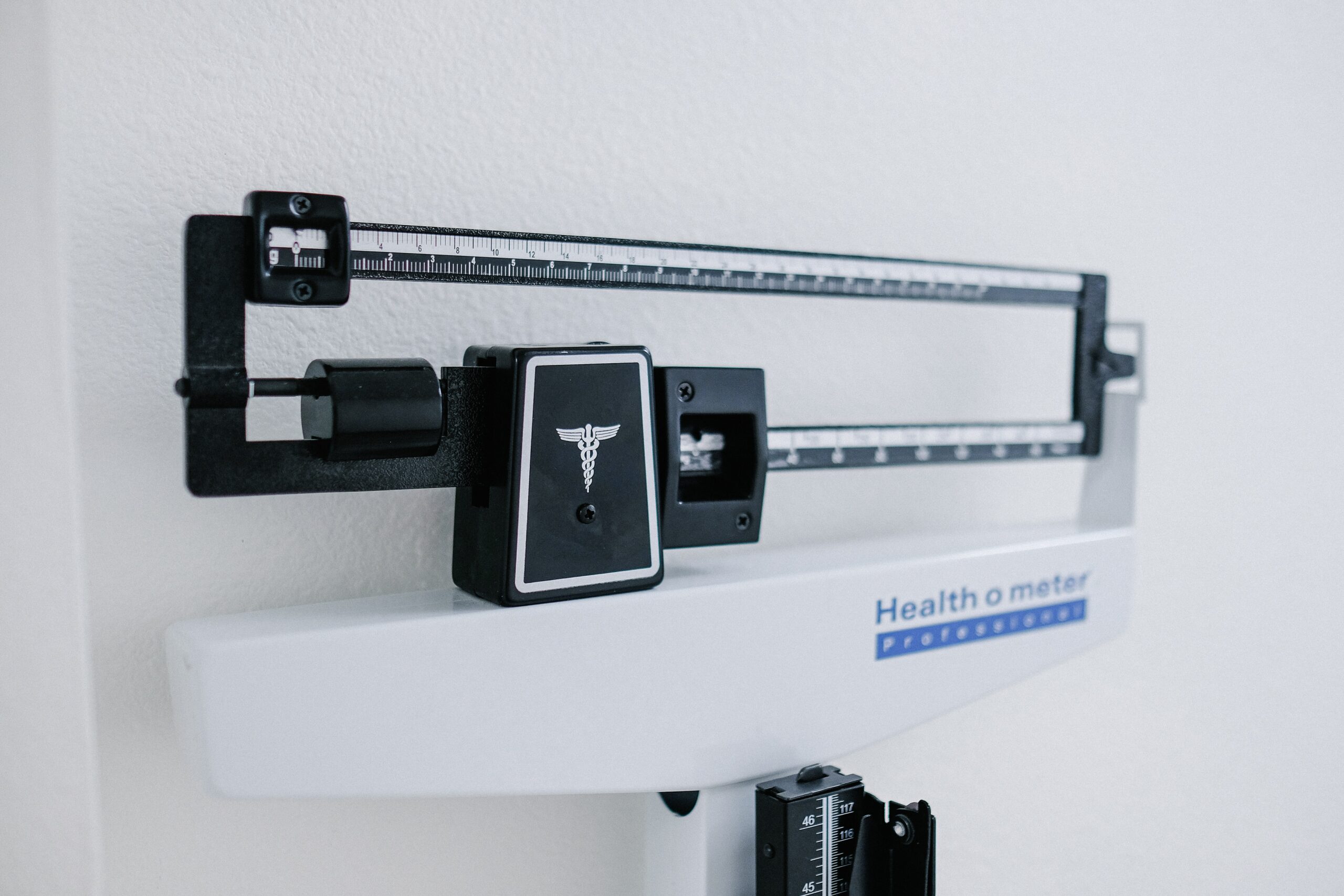The connection between obesity and the likelihood of needing long term care has been well established due to its connection to other physical problems, diseases, and long-term health complications. In a peer-reviewed paper published by National Institute of Health in 2014, the findings said this:
“Obesity and related chronic diseases lead to higher probability of entering a long-term care (LTC) facility at a younger age; they also increase the chance of “more long-term care days before death.”

While many do not think of it as a disease, according to the American Medical Association (AMA) it is. In 2013, after decades of compiling and analyzing data across all demographics, the AMA decided to recognize obesity as “a complex, chronic disease that requires medical attention.” The decision has not been without controversy. But whatever the classification of obesity is, condition, disease, or other, the effects of it are universally understood and agreed upon in the medical community.
The Effects of Obesity
Obesity can greatly hinder functional movement (mobility), making it increasingly more difficult for a person to perform simple, daily tasks such as cooking, housecleaning, and yard work. However, mobility issues are not the whole story. Not only is a person’s size an obstacle to easier and safer movement, obese and morbidly obese people are generally, but not necessarily, in poorer health from a cardiovascular standpoint. Activities such as climbing a flight of stairs, carrying groceries, and gardening are difficult and can lead to shortness of breath or worse. Additionally, obesity and overweight has been connected to mental health issues such as depression and anxiety.

Of the many long-term, negative quality-of-life and health effects that obesity often contributes to are a handful that directly connect to an increased need for long-term care as people age: diabetes, stroke, and osteoarthritis. Other obesity-linked health risks are hypertension (high blood pressure); heart disease; and certain cancers. Because obesity, in most cases, is both manageable and even reversible, the CDC recommends that chronically overweight people work with their physicians to monitor their health and any negative changes their weight may be causing, as well as a nutritionist to create healthy eating patterns and achieve recommended levels of exercise. Additionally, the CDC says this:
“Obesity is common, serious, and costly. This epidemic is putting a strain on American families, affecting overall health, health care costs, productivity, and military readiness.”

Nationally, as of numbers compiled in 2020, the CDC states that an estimated 38.1% of the population between the ages of 45 and 54 are obese. In the age range of 55 to 64, that number dips slightly to 36.3%. Obesity is defined by the CDC as a condition wherein a person has a body mass index (BMI) at 30.1 or above. Body mass index is the proportion of a person’s weight to height. It is arrived at by dividing a person’s weight by the square of his or her height. An easy-to-use BMI calculator can be found on the CDC website.

While a BMI index does not measure, in exact terms, a person’s body fat, the CDC does consider it a useful screening tool in assessing those at risk for being overweight, obese, or morbidly obese. Other tools used to measure a person’s body composition are skinfold calipers (“pinch test”) and hydrostatic (underwater) weighing. This method has been one of the most accurate and accessible methods used by the general public, with walk-in clinics, universities, and sometimes gyms offering the service.
If you have questions about your weight, and whether it may be contributing to your health status, the best place to start is at your doctor’s office.
If you have questions about long-term care coverage or how NPFBA can help serve you, feel free to reach out to us via our website, phone, or email!




